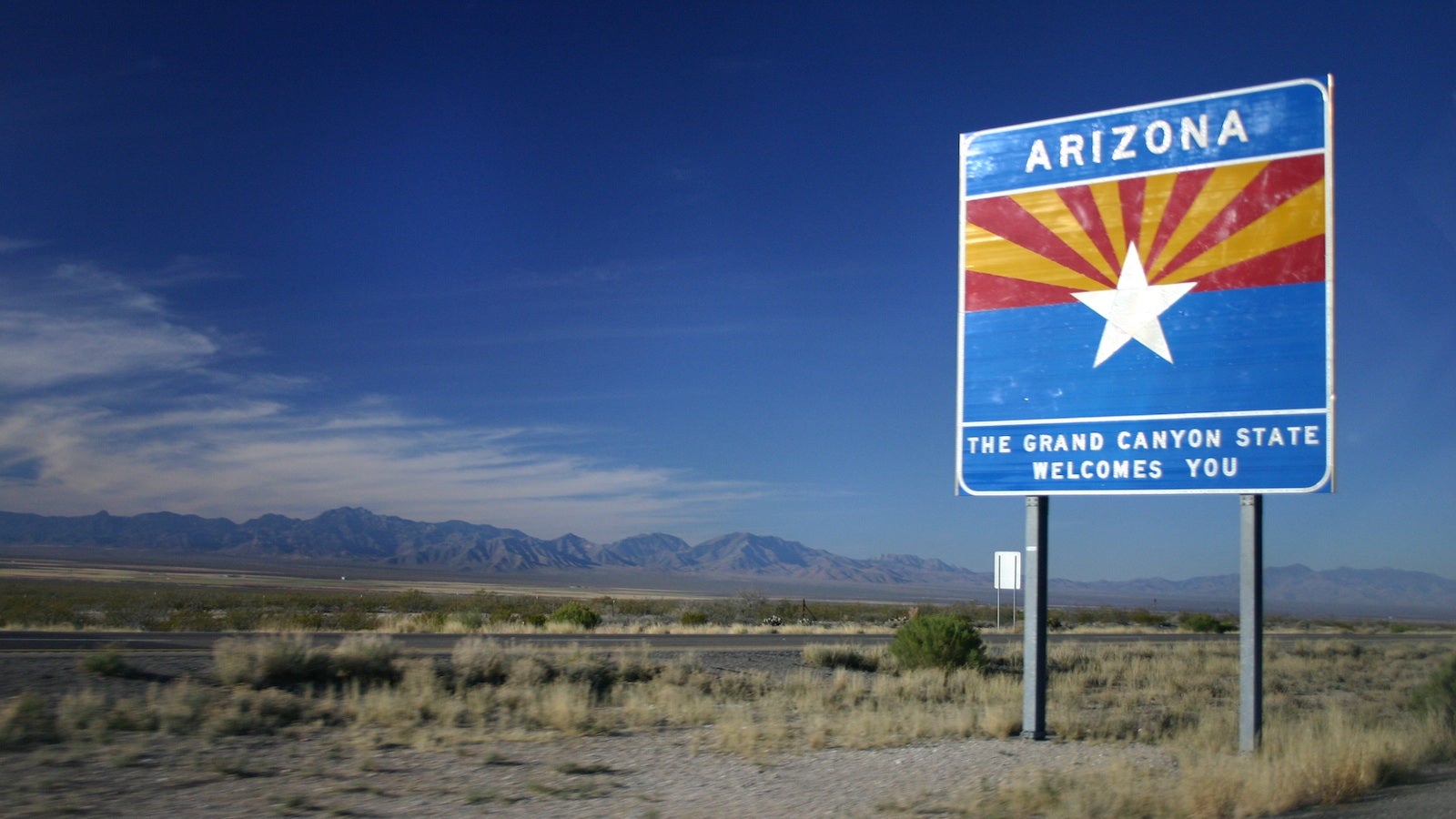Arizona’s voters are victorious in the fight against gerrymandering
A rare bit of good political news out of the US state of Arizona: the US Supreme Court has rejected efforts by Republican lawmakers to challenge voter-approved congressional district boundaries drawn by an independent commission. The court ruled 5 to 4 that commission-drawn boundaries do not violate the Elections Clause of the US Constitution, as claimed by the Arizona state legislature.


A rare bit of good political news out of the US state of Arizona: the US Supreme Court has rejected efforts by Republican lawmakers to challenge voter-approved congressional district boundaries drawn by an independent commission. The court ruled 5 to 4 that commission-drawn boundaries do not violate the Elections Clause of the US Constitution, as claimed by the Arizona state legislature.
The complaint alleges that “[t]he word ‘Legislature’ in the Elections Clause means [specifically and only] the representative body which makes the laws of the people.” And as such, only members of state legislature should be involved in redrawing district boundaries. (This is a cleverly worded way to assert the “constitutionality” of gerrymanding.) However, in an opinion delivered by justice Ruth Bader Ginsburg, the court ruled, “Invoking the Elections Clause, the Arizona Legislature instituted this lawsuit to disempower the State’s voters from serving as the legislative power for redistricting purposes.”
“The people of Arizona turned to the initiative to curb the practice of gerrymandering and, thereby, to ensure that Members of Congress would have ‘an habitual recollection of their dependence on the people,’” she noted. (Go Ruth.)
Arizona is now one of 13 states to take active steps against gerrymandering; but this ruling has particular importance. Arizona’s enjoys an average annual population growth of 5.3%, 2% higher than the US as a whole. This is due in part to an increase of both native-born and immigrant Latinos, a group that tends to vote Democrat.
Districts redrawn by the commission include four “safe” GOP districts, two Democratic, and three swing—two of which are currently held by Democrats. Republicans reportedly objected to the commission’s plan and were aiming for a fifth safe GOP seat. This likely would have meant retooling one or more of Arizona’s congressional districts along ethnic lines, a kind of political segregation sneakily disguised as Constitutionalism.
In an official statement released Monday, June 29, the US representative for Arizona’s seventh district Ruben Gallego applauded the ruling. “Arizona voters wisely chose to take redistricting out of the hands of the legislature to ensure the diverse communities and interests of our state were fairly represented in Congress,” he said. “I’m glad the Supreme Court agreed with the wisdom of that decision and that Arizonans will continue to have the fair and competitive districts our voters deserve.”